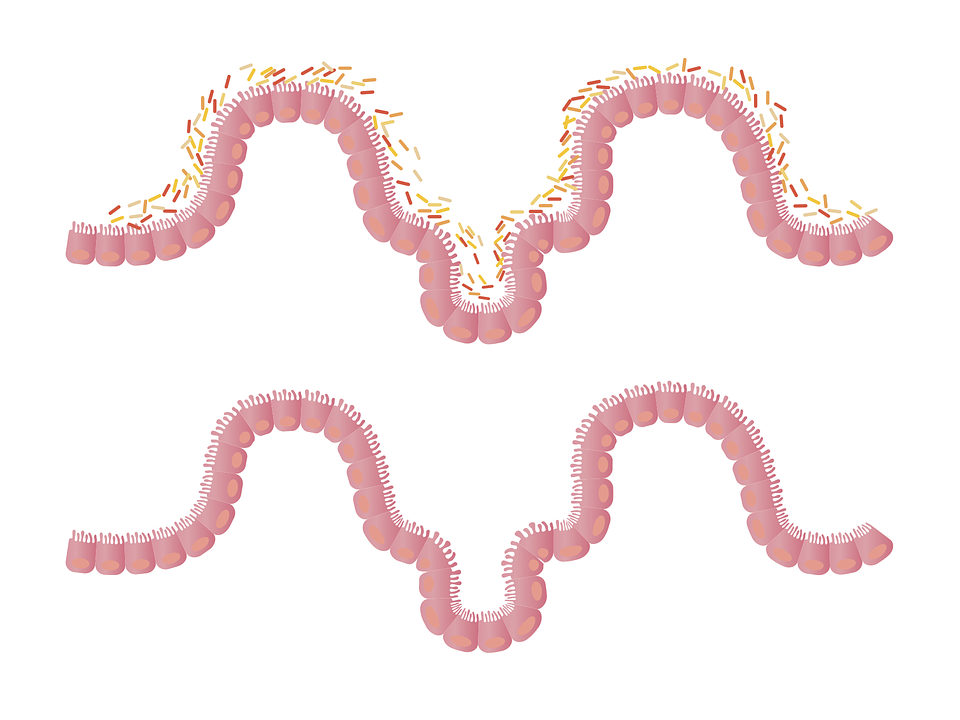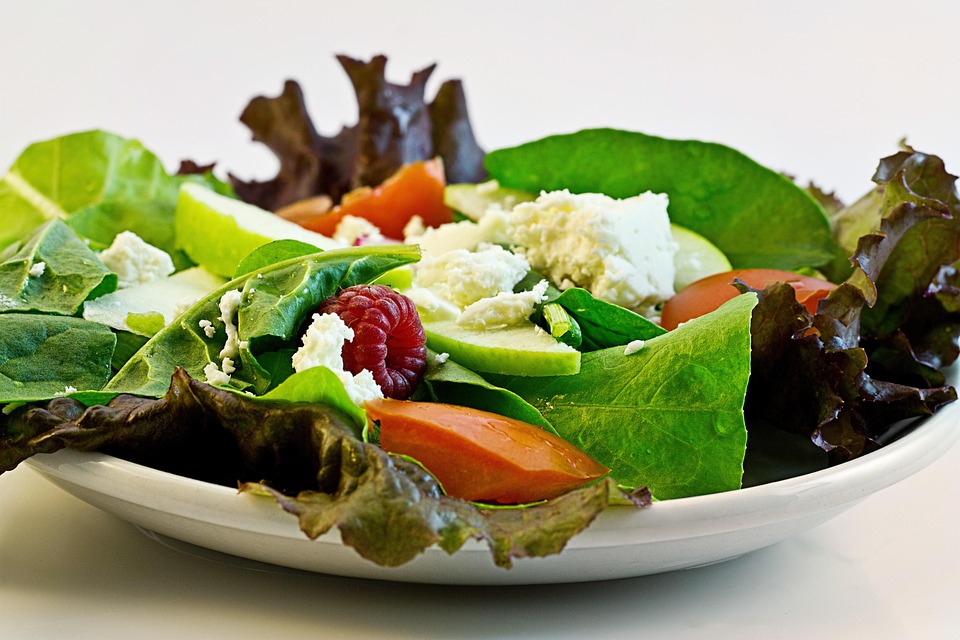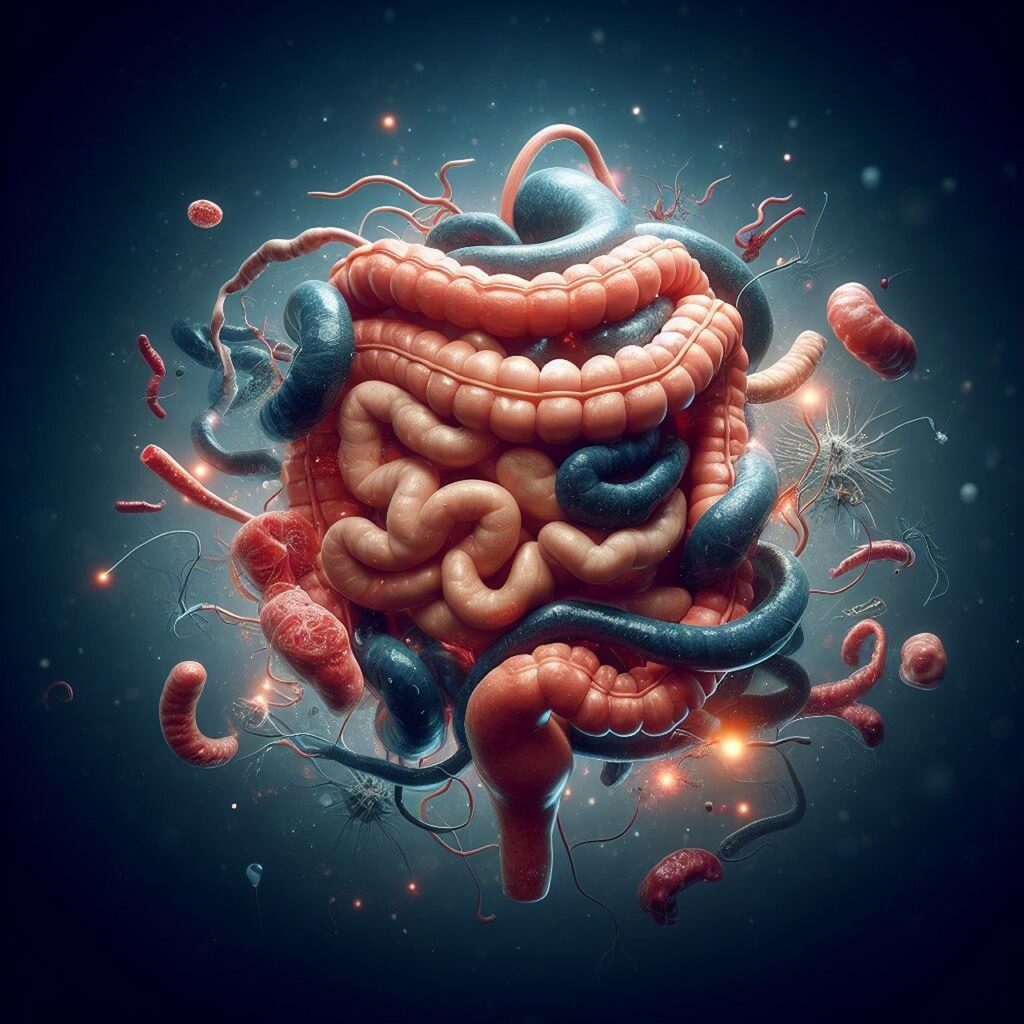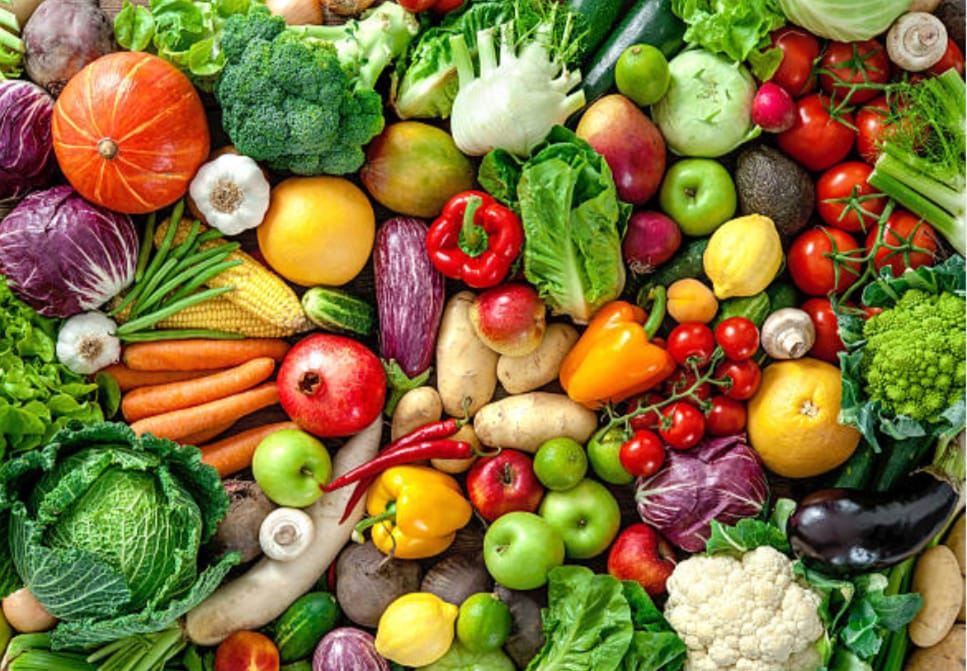

Why Gut Health Matters
A healthy gut needs care and proper nourishment. It must be free of the assaults of unhealthy food. A good gut is like a home for friendly bacteria. It should be in a position to produce well-coordinated secretion. These bacteria help the gut to work well and stay in balance. When the gut is healthy, it can produce the right fluids and enzymes to break down food. As a result, this helps the body absorb nutrients better, which leads to good overall health.
Additionally, there are trillions of microbes that reside in the intestine (gut microbiota). They play a vital role in maintaining good gut health and many other vital functions of the body.

Habits That Can Harm Digestive Health
If you do the following regularly, you may unknowingly be weakening your digestive system:
- overeat
- chew less,
- drink alcohol
- smoke
- take too much sugar and white flour
- eat food with less or no amount of fiber
- eat under stress
- take antibiotics regularly
What Can Happen With Poor Gut Health?
A weak digestive system can lead to:
- A poor immune system
- Asthma
- Ulcers
- Heart disease
- Varicose vein
- Osteoporosis
- And many other health issues
In fact, the phrase ‘Death comes from colon‘ is often used to emphasize the critical role of gut health in overall well-being. Colon, which is also called the large intestine, plays a vital role in healthy digestion. Poor colon health can lead to various health issues from digestive discomfort to serious ailment.
Journey of Food Through Digestive System
Optimal health begins in a healthy gut. To understand it better, let’s look at the journey of food from the mouth till its digestion, which involves involves many steps:
- First, we chew food and break it into several pieces.
- Then, the tongues make a bolus (a soft mass) which is swallowed.
- Next, the bolus moves to the pharynx (throat), travels down to the esophagus and reaches the stomach. Digestive system secretes the right substance in the right amount. Stomach acid, buffers and enzymes from pancreas and bile from liver and gallbladder secreted.
- As a result, the chewed food turns into a semi-liquid mixture called Chyme.
- Afterwards, the Chyme slowly moves into the small intestine.
- At this stage, the wall of the small intestine facilitates the absorption of nutrients while keeping out pathogens (pathogens are a bacterium, virus, or other microorganism that can cause disease).
- Meanwhile, digestive enzymes from the pancreas and bile from the liver further break down the fats, protein and carbohydrates.
- Subsequently, the intestinal lining absorbs nutrients into the bloodstream.
- Finally, undigested food and waste move into the large intestine.
Fiber: The Foundation of Good Digestion
The most important ingredients that play crucial roles in maintaining a healthy digestive system are fiber and beneficial bacteria.
Role of fiber in digestion
Fiber is the foundation of a healthy gut system. Fiber makes the intestinal tract clean and functioning correctly. It is a kind of carbohydrate that the body cannot digest. There are two types of fiber:
- Soluble Fiber
- Insoluble Fiber
Both are necessary for a healthy digestive system.
Soluble fiber: This gets dissolved in water easily.
Studies have linked soluble fiber to lower cholesterol levels. It also aids in controlling or preventing diabetes. Getting dissolved in water, it forms a gel-like substance. It slows down digestion and helps in the absorption of nutrients. Beneficial gut bacteria feed on them. We can get water-soluble fiber from oats, barley, flax meal, beans and peas. Many fruits and vegetables such as carrots, apples, and citrus fruits contain this type of fiber.
Insoluble fiber: This kind of fiber does not get dissolved in water.
It is mostly present in foods like wheat, wheat bran, corn bran, celery, whole grain, nuts, seeds, etc.Cauliflower, potatoes, and the skin of fruits and root vegetables also contain this type of fiber. Insoluble fiber adds bulk to stool and promotes regular bowel movement, preventing constipation. Various sources reveal that insoluble fiber reduces the risk of intestinal cancer and diverticulitis (a condition that occurs when small, bulging pouches (diverticula) that develop in the walls of the colon become inflamed or infected).
One of the simplest and most important things that we can do to improve our digestive system is to increase the intake of fiber.
Importance of Gut bacteria:
The kind of bacteria we house in our gut plays a crucial role in determining how healthy we are. Good bacteria keep the immune system strong and they help the digestive system to function well. A healthy gut microbiome consists of a balance between good and bad bacteria, and good bacteria keep harmful ones in check.
Two important types of good bacteria
Lactobacillus, is available in fermented food, yogurt, etc. It is a kind of good bacteria which helps break down lactose. They play a major role in supporting digestion and strengthening immunity.
Bifidobacterium, which is generally present in the colon, is another example of good bacteria found in the gut. They are particularly important in eliminating the overgrowth of Candida albicans (a naturally occurring fungus that lives on your body) in the GI tract. They improve digestion and help to prevent infections.
These beneficial or good bacteria are effective in nutrient absorption. In addition to this, they boost up the immune system. Also they can decrease cancer risk, lower cholesterol level, and eliminate constipation, bloating, and gas.
Sources of Good Bacteria
- Dairy-based fermented food like yogurt, traditional, buttermilk, cheese, etc.
- Fermented cabbage.
- Naturally fermented pickles (brine fermented).
Strong Gut, Healthy Life
To enjoy a strong immune system, having an excellent energy level, it is essential to have a well-functioning digestive system i.e. a healthy gut. A balanced diet rich in fiber, prebiotic, beneficial bacteria, and whole food, staying hydrated combined with a stress-less active lifestyle can help us to have a healthy gut which will help us to have digestive wellness.


